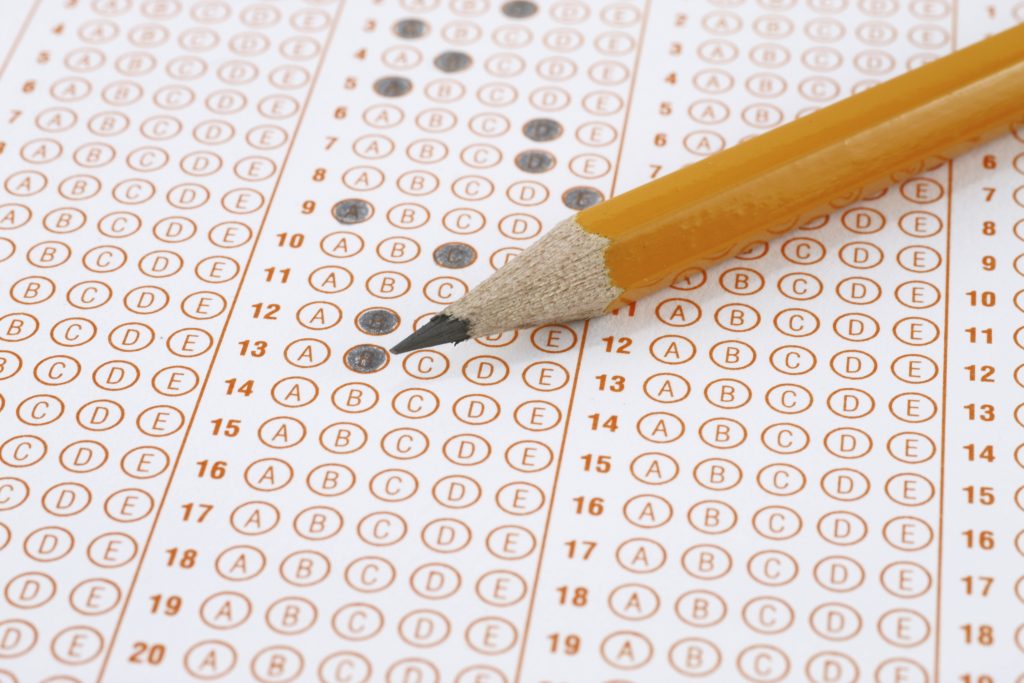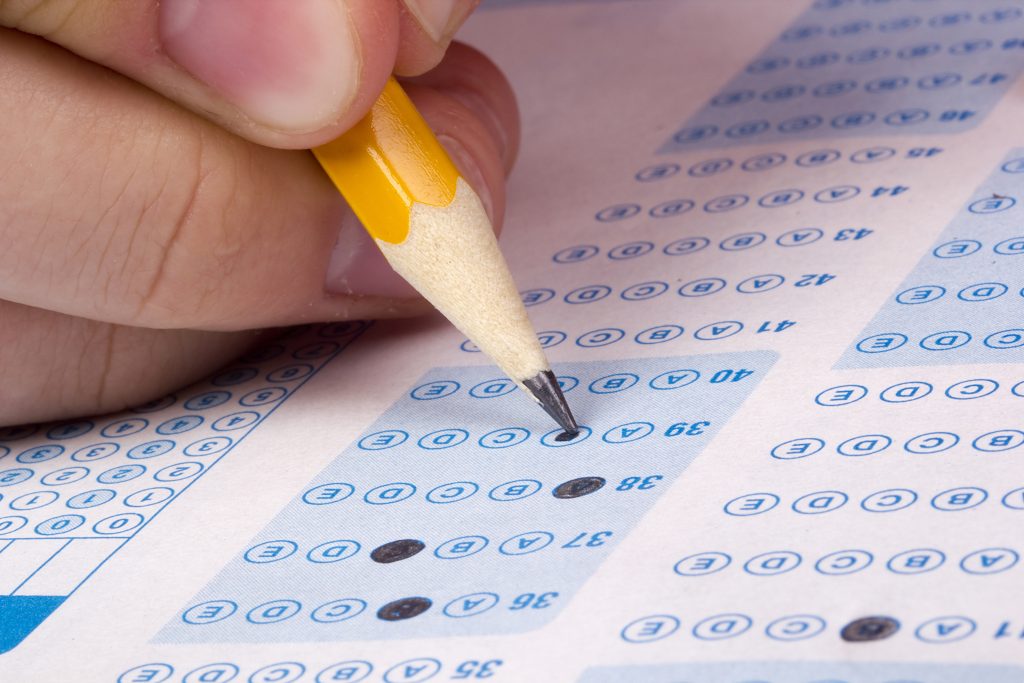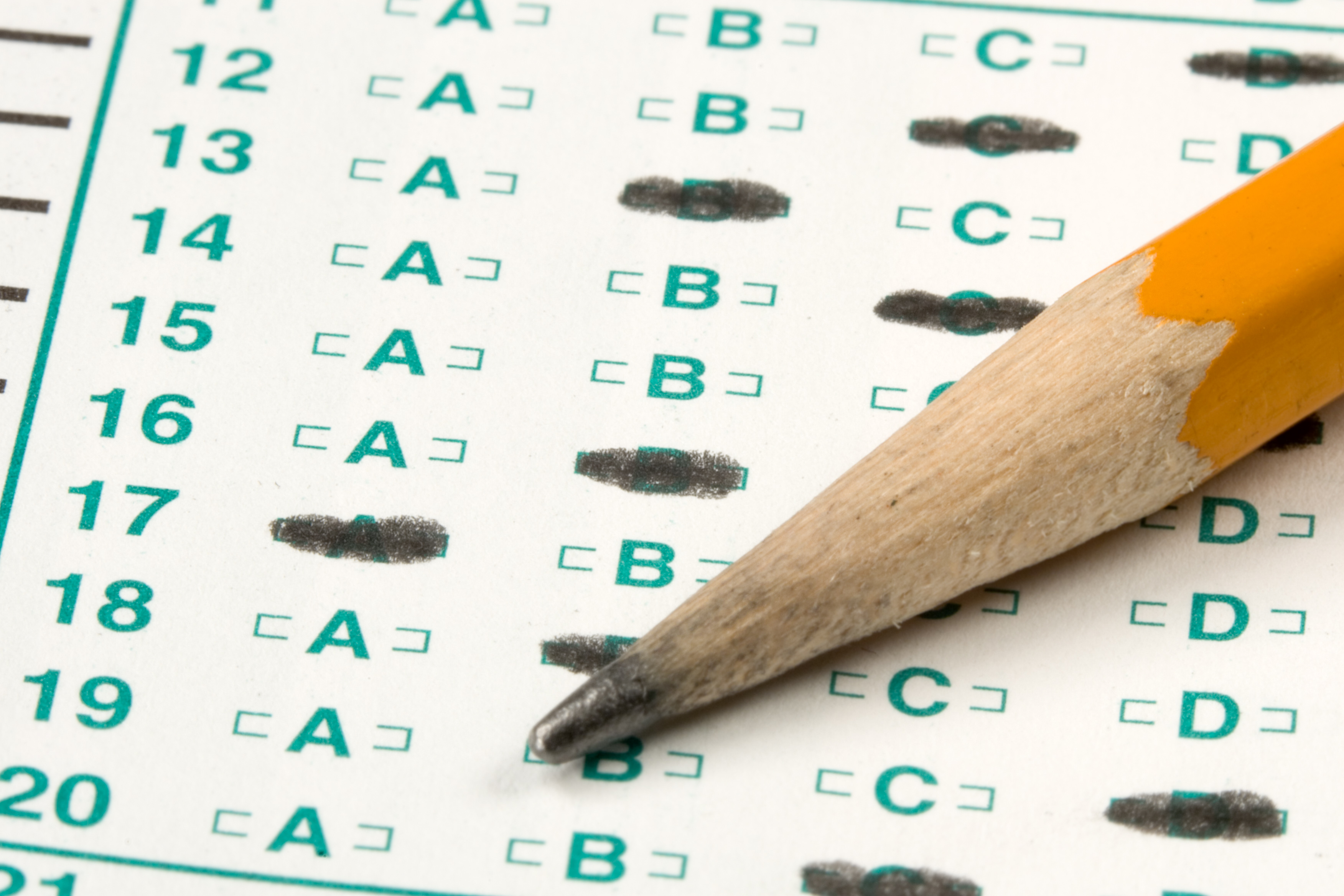The Situational Judgement Test (SJT) is sat by all final year medical students in the UK. In this article Sarah Brown explains her tips for effective preparation and how she managed to get a place in a very competitive area.
It contributes towards 50% of your Foundation Programme score; the other 50% is comprised of your Education Performance Measure (EPM), which is based on your performance in medical school, and any additional points from a previous degree (up to 5 points) or publications (up to 2 points). As you may be aware, the difference in EPM scores between the highest and lowest ranking students is only 9 (i.e. the student in the lowest decile will receive 34 points, whilst the student in the highest decile will receive 43). However, the scores available from the SJT range from 0-50. Why does all of this matter? Understanding the system is important as it allows you to allocate your time wisely in the final year. It is very easy to become overwhelmed by the vast amount of information there is to learn for your final MB, and some students end up leaving the SJT to the last minute. However, as the SJT is so heavily weighted, it will play a huge part in determining which deanery (Unit of Application) you get. Some deaneries are more competitive than others and you may find yourself thinking that you don’t need to do particularly well in the SJT to get into the deanery that you want, however, the ranking doesn’t stop there. Once you are allocated your deanery, you then rank the jobs within it, and this too is based on points. Therefore, if you want to get into your first-choice deanery and get your first-choice job, doing well in the SJT is crucial, regardless of how competitive your desired deanery is.
On a personal note, having studied in Manchester for 3 years, and Northern Ireland for 5 years, I was eager to move back home to London for my foundation years. With the average foundation programme score required to get into North West London being between 84-86, doing well in the SJT was an absolute priority for me.

Resources I would recommend for the SJT
Whilst many medical schools, and even the SJT foundation programme itself suggest that you can’t revise for this exam, there is a lot that you can do to prepare for it. My own medical school provided little teaching on the SJT, and advised us just to use the mock exam on the SJT foundation programme website. Whilst this may have worked for some people, I didn’t feel comfortable taking this risk, as I was used to using books and multiple online resources for my medical school exams. However, a lot of people had warned me against using books and courses as they aren’t written by the UKFPO and could be misleading or inaccurate. Ultimately, I decided to try a variety of different materials to help me prepare for the SJT, so that regardless of my score I would know that I had tried my best. Here are the resources that I used and would recommend:
Emedica – Foundation programme SJT preparation course
I chose to attend the Emedica SJT course having read one of the posts on their blog that was written by a medical student who had previously scored badly in the SJT and subsequently went on the course before resitting the exam and scoring well. Their website is also full of complementary and appreciative reviews from medical students who have attained very good SJT scores. This was enough to convince me to go, and I’m so pleased that I did.
The course is run by Dr. Mahibur Rahman who has been involved with the SJT exam not only for medical students, but also for entry onto the GP training programme. He is extremely knowledgeable about the exam and his passion for medical education is very evident in the way he delivers the course. It is incredibly informative, helping you to understand how the SJT works, the different question types, and how to tackle each of these, which is fundamental to doing well in the exam. The course ended with a mock exam, complete with full explanations, and marks that are extrapolated to give you an idea of what your score would be.
Although this is a one day course we also received free access to the Emedica SJT questions, which allowed me to put into practice what I had learnt during the course. The advice and support continued via email in the lead up to the exam, for example, reminding us of the importance of exam technique. This course boosted my confidence more than any other resource that I had used, and I walked into the exam feeling assured that I had done all I could do to prepare for this exam.
Passmedicine
I had an online subscription with Passmedicine for my finals revision, which also included a section on the SJT. This was a valuable resource with over 200 questions, allowing you to practice the high yield topics that come up time and time again. It also provides you with good feedback as to why your chosen answer was correct/incorrect.
SJT Foundation programme website
This site allows you to print off a mock exam and practice answering the questions to time on the answer sheet (which isn’t as straight forward as it sounds). The benefit of doing this is that on the day of the exam, you are comfortable with the layout of the paper, and by the time you have done the mock exam a couple of times, you get a feel for how important it is to stick to time in order to complete the exam.
GMC ethics guidance
The GMC website has a section on their publications that is helpful for any deficits in your knowledge, for example, the intricacies of consent and confidentiality. However, some of their guidelines are lengthy and I wouldn’t recommend reading through every guideline from start to finish as this would be very time consuming.
Preparing for the SJT
The key here is starting early. I would recommend attending the Emedica course well in advance of your SJT exam date, as this gives you time to refine your technique and get plenty of practice in. I would suggest accessing the material available on the SJT foundation website, especially the mock exam (which you should practice under exam conditions if possible). Do as many MCQs as you can in the run up to the exam, as this helps you get into the right mind-set. Spend time on the wards: you can envisage nearly all of the scenarios in the exam happening in F1, or you may have had direct experience of them already. Remember that the only resource that is truly accurate is the UKFPO, so if you come across questions from other sources that you don’t quite agree with, use these as discussion points with friends.
The day of the exam

Taking a Test
It is really important to be well rested for this exam, as it is long and mentally taxing. Make sure you get a good night’s sleep the night before and eat well on the day. Have a practical plan in mind for how to tackle the exam: for me, this was to keep to time and to transfer my answers directly to the answer sheet (there is no time to go back). Read into the details of each question e.g. if they tell you that the patient lacks capacity, this is for a reason! Try not to dwell on difficult questions, as this will only take time away from other questions that you might be able to get full marks on. Finally, trust in the preparation you have put in.
Good luck!
Sarah Brown, Final year medical student, Queen’s University Belfast
Sarah Brown had an SJT score of 47.52, and was allocated a place in her 1st choice foundation programme, North West London. Dr. Brown is due to start here FY1 post in August 2017.






No Comments